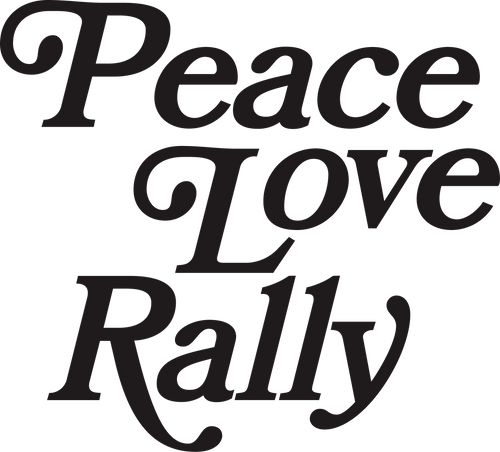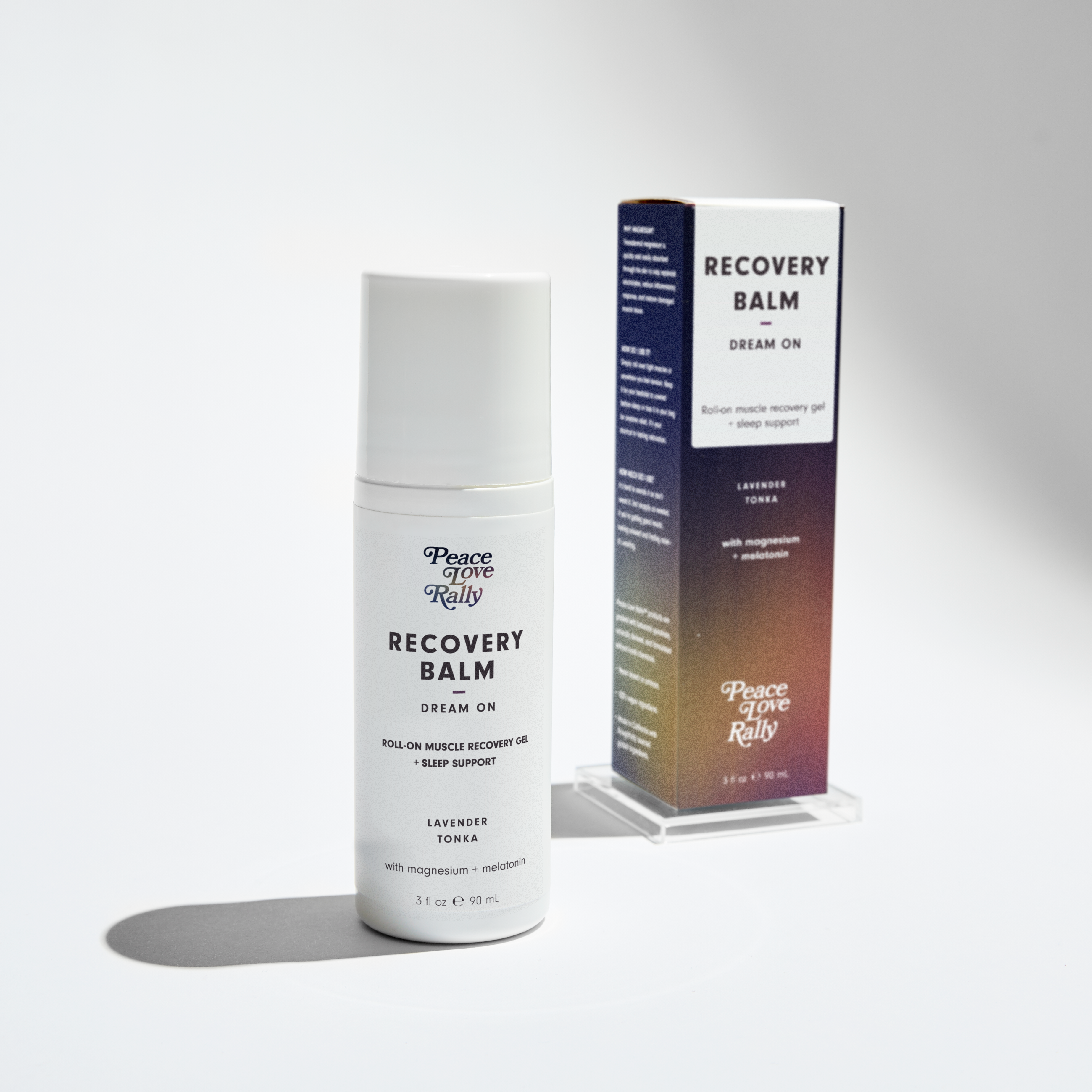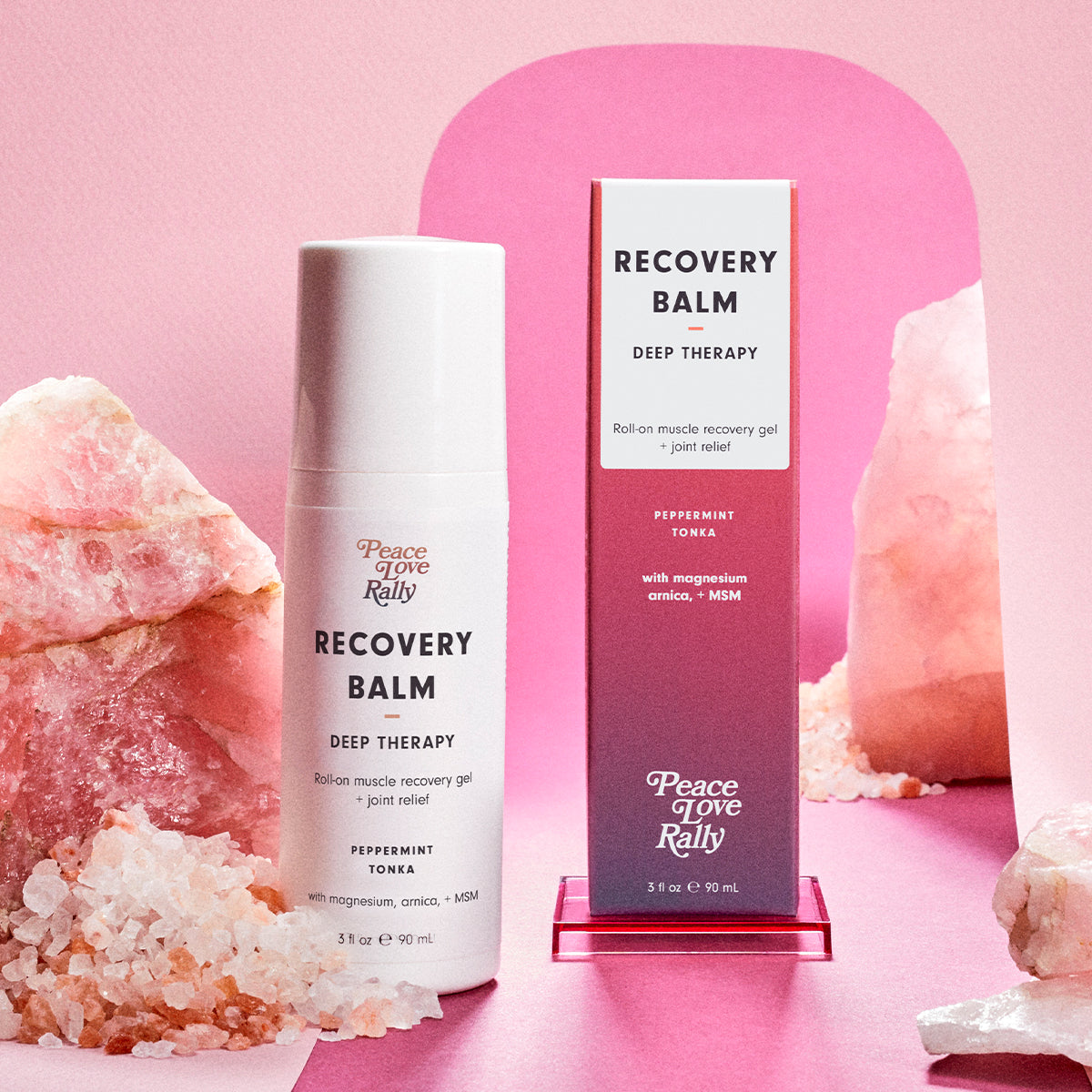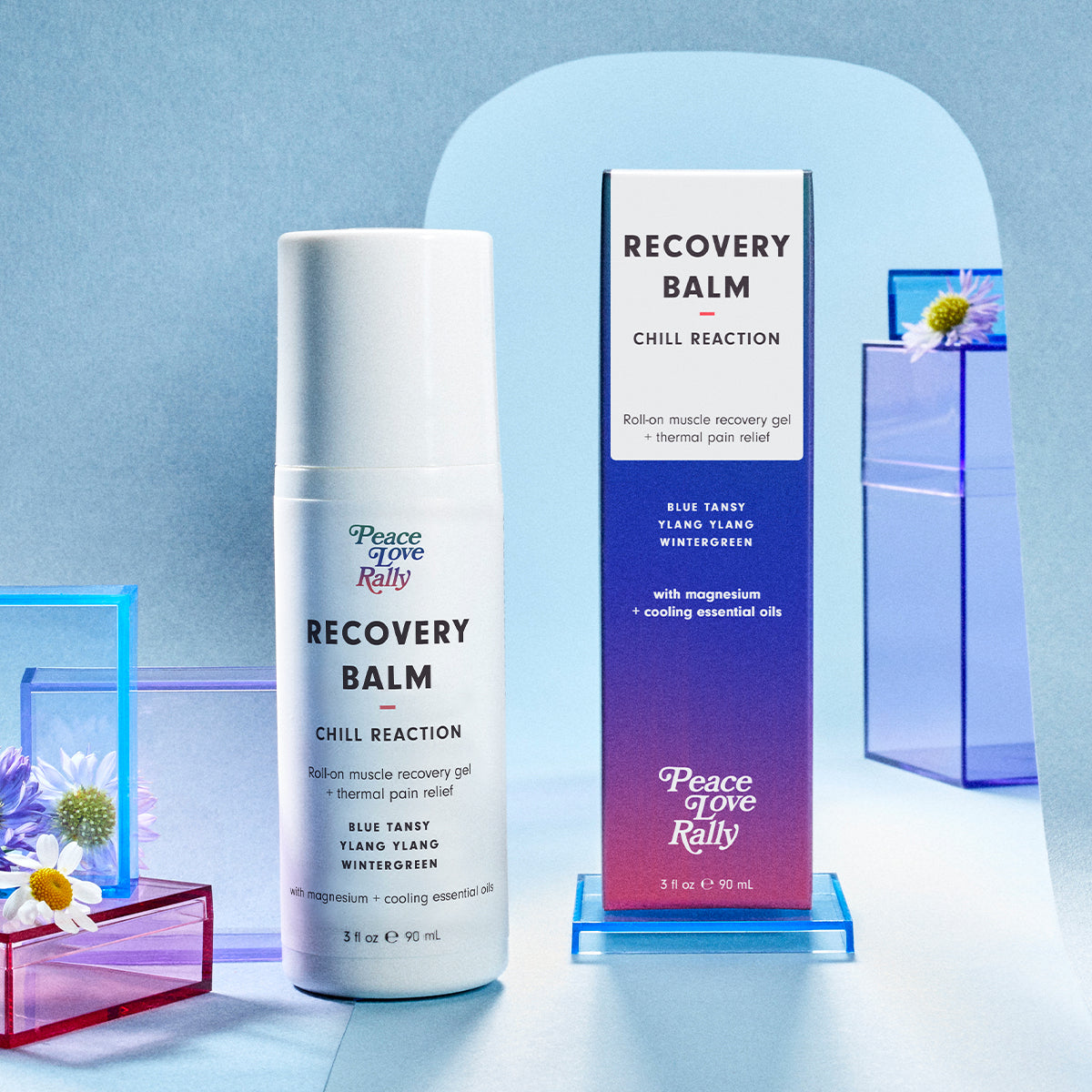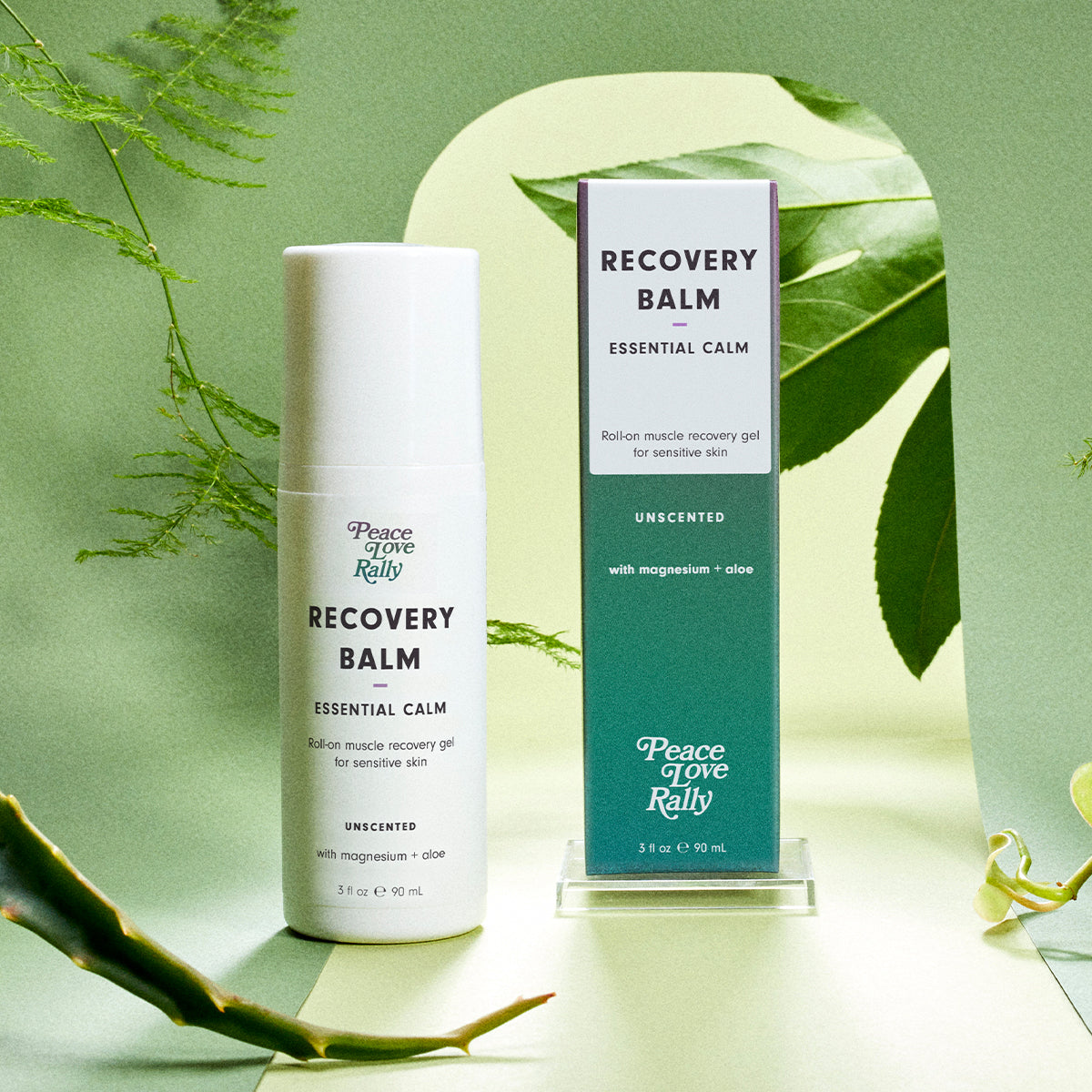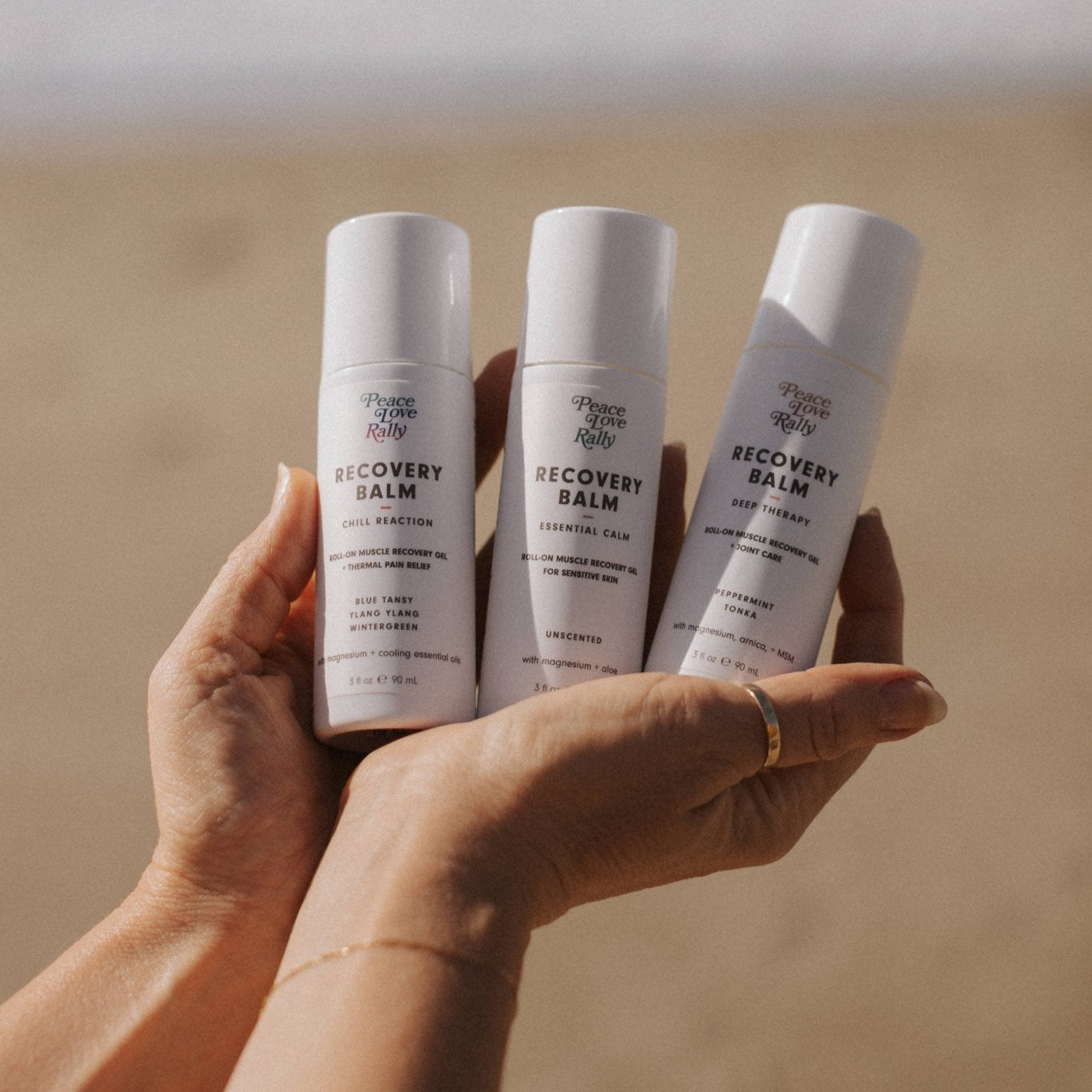While running a wellness brand that crafts natural products so people can find relief, I get asked this question:
“Is there a research study proving this works?”
This question has a nuanced answer, so let's dive in.
"Absence of evidence is not evidence of absence."
Not all valuable treatments get the same level of Research.
It’s a completely fair question that some people ask when they come across Topical Magnesium. Here is look into the approach we take at Peace Love Rally.
Funded Clinical Research is incredibly important, and research helps us understand what truly works and why. AND at the same time, the way the systems are set up where we live — not all valuable treatments get the same level of study.
Research tends to follow funding, and funding follows profitability—which means that natural remedies, no matter how effective, don’t always get the same big-budget clinical trials that pharmaceuticals do. That doesn’t mean they don’t work. It just means they haven’t been studied in the same way. And I know firsthand how limiting that mindset can be.
My journey to experiencing the effectiveness of topical magnesium
For years, I struggled with hormonal cystic acne. If you or someone you love has dealt with severe acne, you know—it’s a silent struggle, but a painful one. It’s more than just skin deep. It affects your confidence, your mental health, the way you show up in the world.
I tried everything—prescription creams, antibiotics, medications that came with a laundry list of side effects. Nothing worked. Then I stumbled upon something different—not a clinical study, but anecdotal stories from other women who had cleared their skin through diet.
Cutting out inflammatory foods like sugar and dairy? That wasn’t something my doctor ever mentioned. But I tried it. And within months, my skin completely transformed.
If I had only relied on large-scale medical research studies, I never would have made that change. Because there weren’t (and still aren’t) many big, pharma-funded studies proving that diet impacts acne. But thousands of people, including me, have seen the proof on our own faces.
This experience changed how I see health. It’s why I’m studying to become a Functional Medicine Health Coach—because I believe in evidence-based wellness, but I also believe that not all evidence comes in the form of a clinical trial.
“Some treatments remain untested simply because no one stands to profit from investigating them—while others with only marginal benefits attract generous funding. As a result, patients may be denied potentially valuable treatments, and clinicians rely on inadequate or imbalanced information when making decisions.”
- Testing Treatments: Better Research for Better Healthcare (2nd edition), by Imogen Evans, Hazel Thornton, and Iain Chalmers
And that brings me to a frustrating reality:
Natural remedies, even ones that work, are rarely studied on a large scale.

Why Aren’t There More Studies on Natural Remedies?
Here’s the hard truth: A significant portion of medical research is driven by profits.
✔ Pharmaceutical companies fund most clinical studies. Their goal? To develop drugs they can patent and sell for profit.
✔ Natural substances (like magnesium) can’t be patented. No exclusive rights = no billion-dollar incentive to study them.
✔ Without industry funding, large-scale studies rarely happen.
Universities and independent researchers do small studies, which is great, but they don’t get the same funding or visibility.
It’s not that natural remedies don’t work—it’s that no one’s paying for the research. And in a world where “no big studies” gets twisted into “no proof,” powerful, effective solutions get dismissed.
What We Do Know About Natural Remedies Like Magnesium
Even without massive funding, studies do exist. And what’s out there is promising:
-Research shows magnesium is absorbed through the skin , especially through sweat glands and hair follicles. ( Source )
-Magnesium plays a key role in muscle function, stress reduction, and sleep , which is why so many people feel the difference when they use it topically.
- Cultures around the world have used transdermal magnesium, herbal medicine, and holistic healing for centuries—long before lab studies were even a thing.
So while we always welcome more research, let’s not pretend a lack of large studies means something doesn’t work.
Why Real-World Evidence Matters
If I had waited for a massive study on “sugar and acne,” I’d still be battling breakouts today. The same goes for magnesium, herbal remedies, and countless other natural solutions.
The reality is, medicine has always evolved through real-world evidence.
Think about it:
🌿 Aspirin? Originally derived from willow bark, used in ancient medicine.
💊 Antidepressants? Many were developed based on anecdotal observations before large studies followed.
🌱 Herbal medicine? Used for centuries, then validated by science.
Science matters, but so does experience.
Dismissing anecdotal evidence ignores how medicine has advanced in the first place.
How to Think Critically About Wellness Claims
We’re not saying every natural product works magic (because, let’s be honest, the wellness industry has its share of nonsense). But here’s how to approach it:
✔ Look at all sources of evidence. Small studies, real-world results, and history all matter.
✔ Follow how you feel. If something improves your health, that’s data—regardless of whether a pharma-backed study says so.
✔ Stay open but skeptical. Science evolves. What we "prove" today might change tomorrow.
I believe in research. I believe in critical thinking. That’s why I’m studying Functional Medicine—to bridge the gap between science and holistic health.But I also believe in listening to what works.
If hundreds of thousands of people say something helps them, that’s worth paying attention to. Because waiting for big pharma to validate natural healing is like waiting for fast-food companies to fund studies on kale—it’s just not in their best interest.
So if you’re curious, try it for yourself. Your body will tell you what works. And that is the best study there is.
